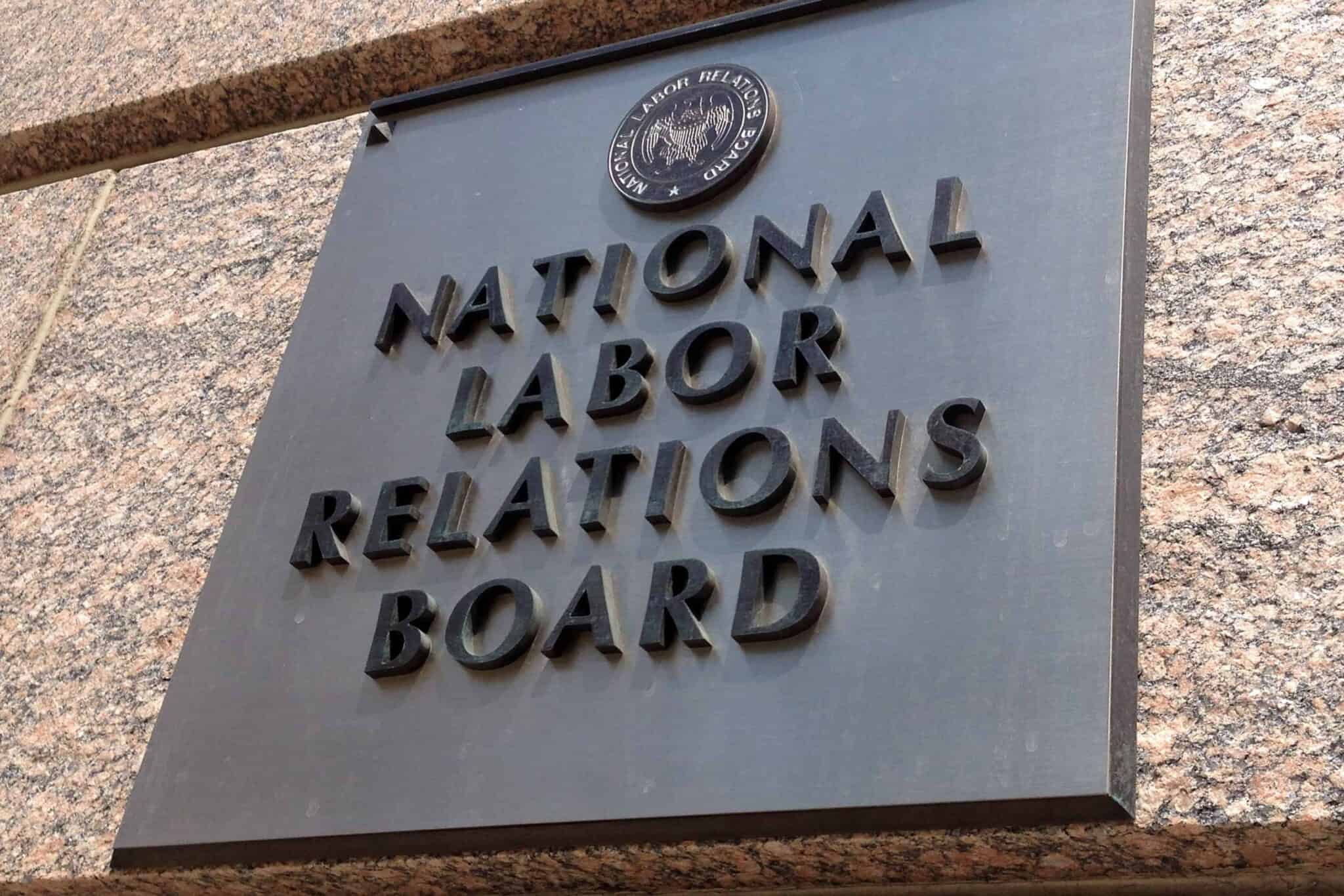
Sunah Chang is a student at Harvard Law School.
In today’s news and commentary: more automobile companies declare wage increases in light of recent UAW victories, Ford production workers in Kentucky vote against the union’s tentative contract, the NLRB navigates challenges against its joint employer rule, and Starbucks’ union workers prepare for a nationwide walkout.
Hyundai announced yesterday that it would increase factory worker wages by 25% in its Alabama factory, a boost that aligns with the pay hike won by UAW from the Big Three companies. As Will reported over the weekend, this comes after other automakers, Toyota and Honda, announced wage increases for their workers. These wage hikes appear to be aimed at quelling unionization among these companies’ workers. UAW President Shawn Fain has made clear that he intends on spreading his organizing efforts to nonunion automakers, including foreign companies and Tesla.
In other UAW news, union members continue to vote on the tentative contract struck between UAW and the Big Three last month. Yesterday, a narrow majority–55%–of Ford’s production workers in Kentucky voted against UAW’s proposed contract. This comes after workers at GM’s assembly plant in Flint, Michigan also narrowly voted no on the contract last Friday. Despite this pushback against the tentative contract, most union members have voted yes on the contract thus far. However, if any of the contracts with the Big Three fails to win a majority of votes, the parties will have to return to the bargaining table to restart talks.
Meanwhile, the National Labor Relations Board has begun to face legal challenges following its recent rule expanding joint-employer status. Last week, a coalition of restaurant industry groups and the U.S. Chamber of Commerce sued the NLRB over the new rule in a Texas district court. The lawsuit argues that the new rule violates the National Labor Relations Act and conveys an arbitrary and capricious rule in violation of the Administrative Procedures Act. Also last week, the Services Employees International Union, which supports the NLRB’s joint-employer rule, filed a petition with the D.C. Circuit Court for review of the rule. These dual cases will likely prompt a lengthy dispute about which court has jurisdiction to review the NLRB’s rule. If the review occurs in the D.C. Circuit, the joint-employer rule will benefit from favorable precedent, but it is also possible that both cases may proceed in parallel litigation without a quick resolution over the jurisdictional issues. While these cases proceed in the courts, Congress will also debate a new Congressional Review Act resolution that would overturn the NLRB’s joint employer rule. The resolution, which was introduced by Senators Manchin and Cassidy, must pass both houses of Congress and be signed by President Biden to effectively overturn the NLRB’s rule.
Finally, unionized Starbucks’ workers have announced that they are coordinating a nationwide strike of thousands of employees that will occur on Thursday. Starbucks Workers United, which represents workers at more than 350 Starbucks locations, has argued that Starbucks has failed to negotiate in good faith with the union. The strike is scheduled to occur on Starbucks’ “Red Cup Day,” an annual promotional event when the company gives out free holiday-themed cups.






Daily News & Commentary
Start your day with our roundup of the latest labor developments. See all
July 1
In today’s news and commentary, the Department of Labor proposes to roll back minimum wage and overtime protections for home care workers, a federal judge dismissed a lawsuit by public defenders over a union’s Gaza statements, and Philadelphia’s largest municipal union is on strike for first time in nearly 40 years. On Monday, the U.S. […]
June 30
Antidiscrimination scholars question McDonnell Douglas, George Washington University Hospital bargained in bad faith, and NY regulators defend LPA dispensary law.
June 29
In today’s news and commentary, Trump v. CASA restricts nationwide injunctions, a preliminary injunction continues to stop DOL from shutting down Job Corps, and the minimum wage is set to rise in multiple cities and states. On Friday, the Supreme Court held in Trump v. CASA that universal injunctions “likely exceed the equitable authority that […]
June 27
Labor's role in Zohran Mamdani's victory; DHS funding amendment aims to expand guest worker programs; COSELL submission deadline rapidly approaching
June 26
A district judge issues a preliminary injunction blocking agencies from implementing Trump’s executive order eliminating collective bargaining for federal workers; workers organize for the reinstatement of two doctors who were put on administrative leave after union activity; and Lamont vetoes unemployment benefits for striking workers.
June 25
Some circuits show less deference to NLRB; 3d Cir. affirms return to broader concerted activity definition; changes to federal workforce excluded from One Big Beautiful Bill.